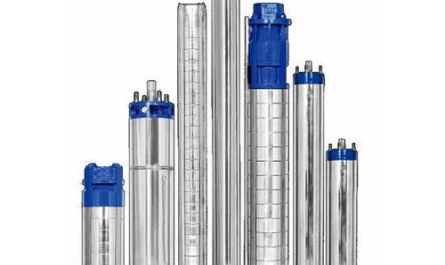The fast fashion industry in Europe has grown exponentially in the past few decades. What started out as a way for consumers to affordably access the latest trends on the runways has now turned into an environmental and social justice crisis. This article will explore the rise of fast fashion in Europe, its negative impacts, and calls for more sustainable alternatives.
The Rise of Fast Fashion in Europe
They upended the traditional fashion cycle by moving from seasonal to weekly collections that were quickly produced in factories around the world. This allowed European consumers to continually refresh their wardrobes with new trends at low prices. The model was a massive success and fast fashion retailers proliferated across major cities on the continent.
By the 2000s, fast fashion accounted for over 20% of the global clothing market. Major European retailers were producing around 800 million units annually and opening new stores at breakneck speed. Low costs and convenience made fast fashion the dominant force in European consumer culture. New collections from brands like Zara could reach stores in as little as two weeks. Consumers were conditioned to expect fresh inventory and overconsumption became the norm.
Environmental Impact of Fast Fashion
However, the low prices of fast fashion come at a huge environmental cost. Europe Fast FashionThe short lifecycles of garments and high volume of production generate massive amounts of textile waste. It is estimated that the fashion industry produces over 92 million tons of waste annually, most of which ends up in landfills. Synthetic fabrics like polyester are made from non-renewable fossil fuels and plastic microfibers from washing clothes have become widespread ocean pollutants.
Calls for Reform
As awareness around fast fashion’s impacts has grown, calls for reform are intensifying from consumers and advocacy groups. Major organizations like Greenpeace have ranked top European fast fashion brands poorly on sustainability. Campaigns like Fashion Revolution are pushing for increased transparency around industry supply chains. Some forward-thinking European cities like Paris and Amsterdam have initiated clothing waste bans or take-back programs.
At an EU policy level, initiatives like the Circular Economy Action Plan aim to promote more sustainable product design, recyclability and a secondary market for used clothing. Individual member states are also exploring solutions like eco-taxes on virgin plastics or subsidies for textile recycling infrastructure. However, critics argue more urgent action is needed given the scale of the environmental and social problems.
A Shift Towards Slow Fashion?
As concerns rise, some consumers are rejecting fast fashion for more ethical and sustainable alternatives. Concepts like slow fashion, vintage shopping, clothing swaps and fabric upcycling are gaining popularity. Independent brands with strong sustainability credentials are emerging across Europe to meet this demand. Multi-brand retailers are also devoting more floor space to these conscious labels.
While fast fashion still dominates the market, there are signs the tide may be turning. Major retailers are experimenting with initiatives like garment collecting, rentals and resale in response to customer preferences. If European policymakers commit to binding regulations and enforcement, the region could play a leading role in shaping a more circular clothing economy. However, a wholesale transition will require overcoming systemic challenges and entrenched business models. Only time will tell if fast fashion’s love affair with Europe is waning or if unsustainable growth remains the order of the day.
fast fashion revolutionized consumer culture in Europe but the social and environmental costs have become too large to ignore. Calls for reform are intensifying from all corners as the impacts have ripple effects globally. While significant barriers remain, alternatives like slow fashion demonstrate a growing demand for more mindful approaches. With political will and ongoing activism, Europe has an opportunity to curb fast fashion’s excesses and pioneer new sustainable models for an industry in desperate need of change.
Note:
1. Source: Coherent Market Insights, Public sources, Desk research
2. We have leveraged AI tools to mine information and compile it



